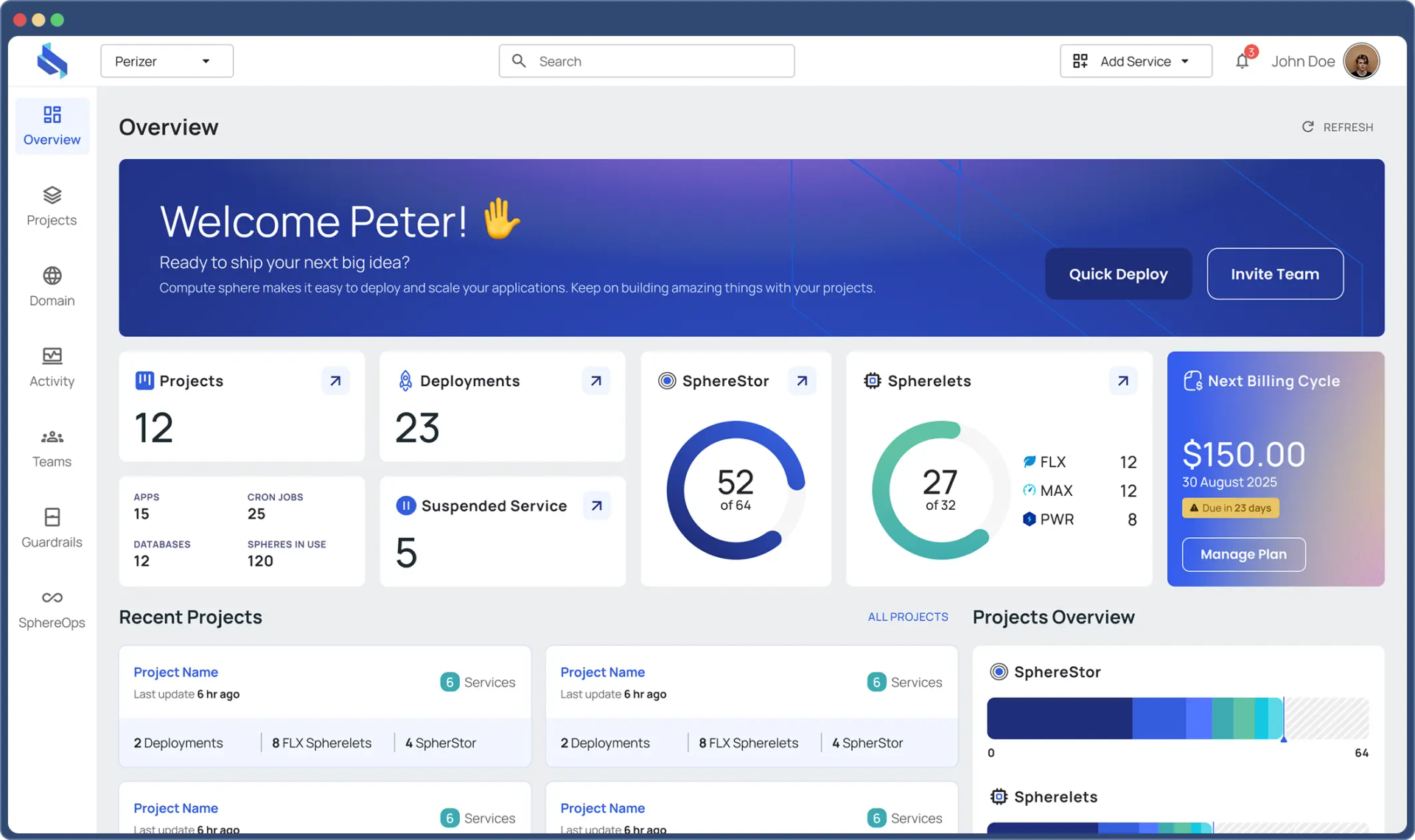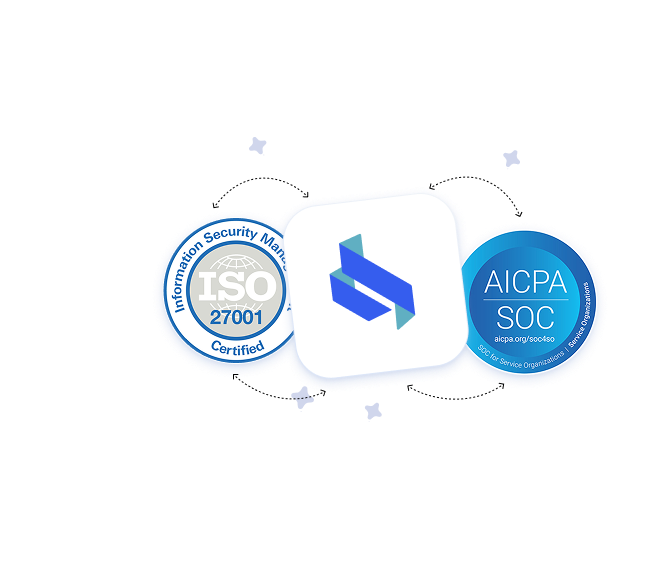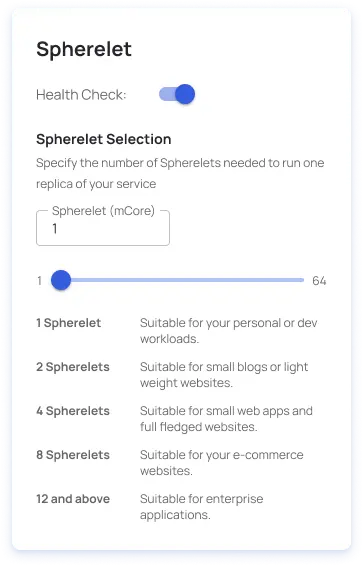The Startup Cloud Is Broken
This Founder Is Fixing It With Predictability and Scale
The cloud was supposed to democratize tech. But for most startups, deploying and scaling infrastructure still feels more like a stress test than a growth accelerator. Complex pricing models, enterprise-first platforms, and DevOps overhead continue to hinder the very teams cloud computing was meant to empower.

While major providers tout power and scalability, many early-stage founders are left asking a simpler question. “Why is it so hard just to get an app online and keep costs predictable?”
As software becomes the engine of the global economy, a growing number of startup builders are calling for something different—not more power, but more usability. And the next wave of cloud innovation may be defined less by scale and more by simplicity, accessibility, and startup-first design.
The Complexity Gap.
Why Founders Are Struggling With Enterprise-Grade Cloud
Cloud infrastructure was designed for global-scale enterprises. As a result, developers at small startups often find themselves navigating layers of tools, services, and jargon that don’t map to their actual needs. A solo founder launching an MVP has little use for dozens of compute options and enterprise support tiers.
Instead, they need clarity. They need fixed pricing. And they need to ship fast.
The growing disconnect between cloud complexity and startup workflows has created what many in the ecosystem now see as a massive, underserved market segment—early-stage companies that want production-grade infrastructure, but without the chaos.
Sachetizing the Cloud.
A Smarter Way to Scale

One emerging solution to this problem borrows a concept from consumer goods: sachetization—delivering exactly what users need, in flexible, affordable units. In cloud hosting, this means giving startups access to scalable infrastructure with predictable pricing, modular resources, and no enterprise-level lock-in.
This is the approach behind ComputeSphere, a developer-focused hosting platform built by cloud engineer and founder Peter Ekhator. Unlike traditional cloud giants, ComputeSphere is optimized for startup velocity: easy deployments, flat pricing, and intuitive control—no DevOps team required.

“Startups shouldn’t need an engineering department just to get their app live. We built ComputeSphere to remove the barriers—to give developers what they need, and nothing they don’t.”

Peter Ekhator
FOUNDER
Bringing serious security. Without the enterprise bloat
Launched in May 2025, the platform is already gaining traction among early-stage teams who are tired of surprise bills and bloated dashboards. With ISO 27001 and AICPA SOC certifications

The Founder behind the infrastructure
Ekhator’s credibility comes not just from his technical background—he holds a B.S. in Computer Science from the University of Illinois and is pursuing a Doctorate in Information Technology—but from his experience in the trenches.
“I’ve worked inside startups. I’ve managed cloud deployments on tight timelines. I’ve felt that panic when infrastructure gets in the way of progress. That’s why ComputeSphere is designed from the ground up for speed, control, and peace of mind.”
REDEFINE WHAT CLOUD HOSTING MEANS FOR
10,000+
Early stage companies launched every year
As more founders seek to build without babysitting backend systems, ComputeSphere is betting that the cloud’s next big feature isn’t compute speed—it’s clarity.

What Startups Really Want From Cloud Providers.
Through user feedback and market research, a pattern has emerged: startups aren’t just looking for infrastructure—they’re looking for momentum. ComputeSphere’s model delivers on that by focusing on a few key principles
Predictable Pricing
Fixed compute costs eliminate billing anxiety

Modular Growth
Start small, add capacity as needed—without contract lock-ins.

Startup-First Support
Fast, empathetic help from a team that gets startup urgency

Simple Deployment
No DevOps certifications needed—just push and scale.

For founders juggling product development, hiring, and funding, these elements aren’t luxuries—they’re lifelines.
Book A Demo
Consumerization of developer Infrastructure
Just as no-code platforms and API-first tools have democratized product development, hosting platforms are beginning to shift toward developer experience as a primary feature.
Today’s most successful tools don’t just work—they feel intuitive, even delightful. And as developers become the new buyers in tech, usability may become the new performance metric.
Conclusion
Making the Cloud Work for Builders
As venture capital tightens and product-market fit becomes make-or-break, startups need tools that help them move fast without compromise. Cloud infrastructure should be an enabler—not a hurdle.
Platforms like ComputeSphere are stepping into that void, rethinking infrastructure from the user’s perspective, and offering an alternative to enterprise-heavy solutions. With momentum building, the next great cloud revolution might not come from billion-dollar server farms—but from startups that understand what today’s builders really need.






